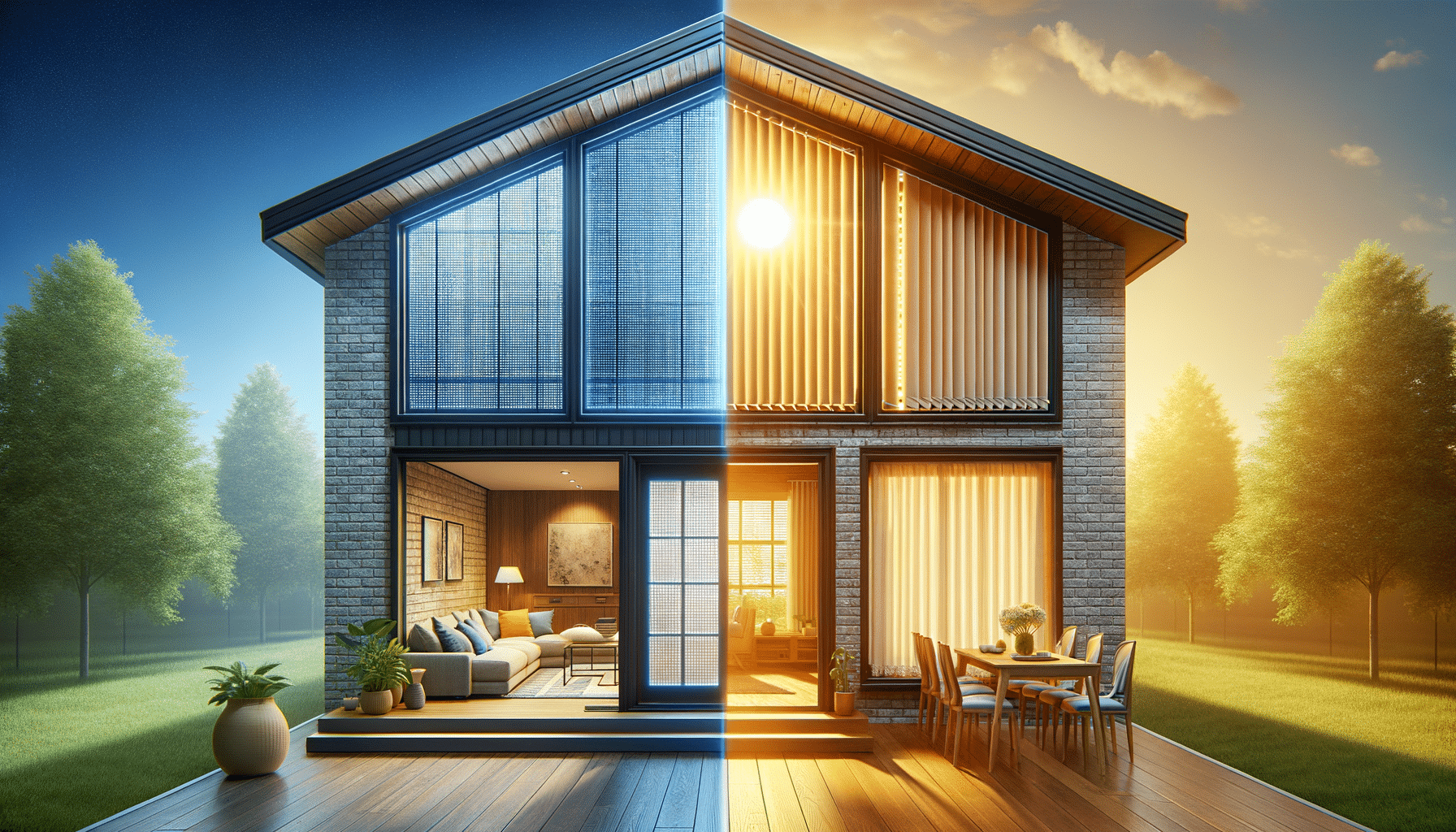How Custom Window Screens Improve Comfort And Energy Efficiency
Introduction to Window Screens Window screens are an essential component of modern homes, offering more than just a barrier against insects. They play a crucial role in enhancing the comfort and energy efficiency of living spaces. By allowing natural ventilation while keeping pests at bay, window screens contribute to a healthier indoor environment. This article

Introduction to Window Screens
Window screens are an essential component of modern homes, offering more than just a barrier against insects. They play a crucial role in enhancing the comfort and energy efficiency of living spaces. By allowing natural ventilation while keeping pests at bay, window screens contribute to a healthier indoor environment. This article delves into the various aspects of window screens, from their types and materials to their impact on energy efficiency and home comfort.
Types of Window Screens
Window screens come in a variety of types, each designed to meet specific needs and preferences. The most common types include:
- Fiberglass Screens: Known for their durability and affordability, fiberglass screens are resistant to rust and corrosion, making them a popular choice for many homeowners.
- Aluminum Screens: These screens offer excellent visibility and strength. They are ideal for areas with high traffic or where pets might cause damage.
- Solar Screens: Designed to block a significant amount of solar heat, these screens help in reducing cooling costs during hot weather.
- Pet-Resistant Screens: Constructed with a stronger mesh, these screens are perfect for homes with pets, preventing tears and damage.
Choosing the right type of screen depends on factors such as climate, location, and specific household needs. For instance, solar screens are highly beneficial in sunny regions, while pet-resistant screens offer durability in homes with animals.
Materials Used in Window Screens
The material of a window screen determines its durability, visibility, and maintenance requirements. Here are some commonly used materials:
- Fiberglass: Lightweight and cost-effective, fiberglass is resistant to rust and corrosion. It is also flexible, making it easy to install.
- Aluminum: Known for its strength and durability, aluminum offers excellent visibility. However, it can be prone to dents and creases.
- Polyester: Often used in pet-resistant screens, polyester is strong and resistant to damage from claws and paws.
- Stainless Steel: This material offers superior strength and is resistant to corrosion, making it suitable for coastal areas.
Each material has its pros and cons, and the choice largely depends on the specific needs of the homeowner. For instance, fiberglass is ideal for those looking for an economical option, while stainless steel is perfect for those needing extra durability.
Impact on Energy Efficiency
Window screens significantly influence the energy efficiency of a home. By allowing natural ventilation, they reduce the reliance on air conditioning systems, thereby lowering energy consumption. Solar screens, in particular, are designed to block up to 90% of solar heat, reducing the need for cooling during hot weather.
Moreover, window screens can act as an additional layer of insulation, minimizing heat loss during colder months. This dual functionality of reducing heat gain in summer and heat loss in winter contributes to a more energy-efficient home.
Investing in high-quality window screens can lead to noticeable savings on energy bills. By reducing the workload of heating and cooling systems, screens help in extending their lifespan, leading to further cost savings.
Enhancing Home Comfort
Beyond energy efficiency, window screens play a vital role in enhancing overall home comfort. By allowing fresh air to circulate while keeping insects and debris out, screens create a pleasant indoor environment. This natural ventilation helps in maintaining indoor air quality, reducing the need for artificial air purifiers.
Additionally, window screens provide a degree of privacy without obstructing views. They allow occupants to enjoy the outdoors without compromising on comfort or security. For homes located in busy or noisy areas, certain types of screens can also help in reducing noise pollution.
In conclusion, window screens are not just functional additions to windows but are integral to improving the quality of life within a home. Their ability to enhance comfort, improve energy efficiency, and maintain indoor air quality makes them a valuable investment for any homeowner.